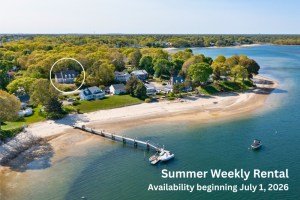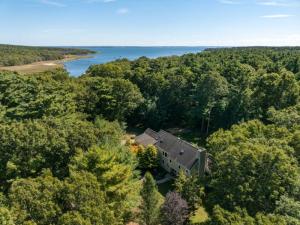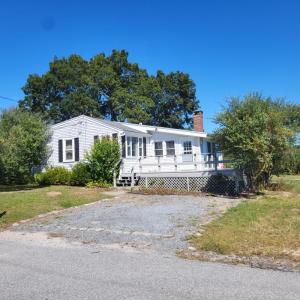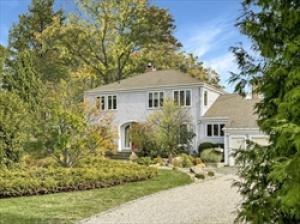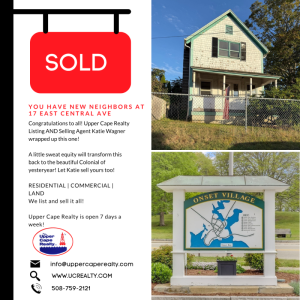Montigny 'optimistic' governor will find solution to proposed septic changes
State Sen. Mark Montigny (D-New Bedford) says he’s feeling “optimistic” that Gov. Maura Healey will “protect the South Coast’s homeowners” from the state’s Department of Environmental Protection's proposed changes to its septic regulations.
In the past week, Montigny said he’s had discussions with the governor's office and has left those talks with confidence that he and Healey are “on the same page.”
“I commend the governor for her thoughtful attention to this matter — she really understands this issue and what it means to our hardworking families,” Motnigny said in a statement. “I believe that the end result will protect our communities from burdensome new requirements that likely would not have solved nitrogen issues in our region.”
The governor’s office could not be reached for immediate comment.
The state is currently proposing residents living along estuaries connected to Buzzards Bay replace their septic systems with ones containing nitrogen-filtering technology as part of an effort to decrease pollutants in the region’s waterways.
The regulatory proposal is widely believed to have been generated due to private litigation initiated against several Cape Cod communities and the state agency, Dartmouth officials have said in numerous meetings.
Such systems can cost up to $50,000 per installation with an annual maintenance fee of $1,000 to $2,000.
To help alleviate the cost of those potential upgrades, Motigny and Markey filed legislation in January that would prevent MassDEP from imposing these upgrades unless it is part of a watershed permit requested by the town. It would also require the state to help fund the upgraded systems.
State Rep. Paul Schmid (D-Westport) has also sponsored the legislation. The bill has yet to be taken into consideration.
Alternatively, towns could apply for a “watershed permit” which would allow municipalities to develop their own state-approved plans to reduce nitrogen by 75%. At a Jan. 18 meeting at UMass Dartmouth, DEP officials said they preferred this option.
The cost of these permits are currently unknown.
Both options have generated significant pushback from Dartmouth officials.
Along with the high cost, Motingy and State Rep. Chris Markey have criticized the process behind the agency’s rulemaking and whether sound scientific evidence was being used to justify the proposed changes.
Local officials, such as Public Health Director Chris Michaud and Board of Public Works Chair Bob Almy, have previously said there is no reason a town like Dartmouth should be subject to the same regulatory standards as a place like Cape Cod, which has a more sandy topography, unlike Dartmouth.
“The Southcoast region should be eliminated from any imminent regulatory changes,” Montigny wrote in a letter to Gov. Healey dated March 2.
Officials would also like to see other sources of potential pollution examined, namely, commercial composting.
In his letter to MassDEP on Jan. 30, the final day public comment was accepted by the state agency, Markey called on the MassDEP to conduct a proper review of the impact of commercial operations on local nitrogen pollution, along with an audit of the oversight and regulatory practices used to modulate these organizations.
“Rather than rushing into a mandate requiring a modification of all septic systems, time should be allowed to review and understand the new and ever evolving technologies that may equip our communities to better combat nitrogen pollution without risking their financial wellbeing,” he wrote.
In a statement to Dartmouth Week, a MassDEP spokesperson said the department is “committed to engaging with communities and integrating feedback” into any updates to its septic regulations and that state officials “are examining commercial composting as a possible contributing factor.”
Final regulations from MassDEP will be announced at a later date.
Public comment on the proposed regulation changes closed on Jan. 30, but residents can contact Gary Moran, the deputy commissioner of the Massachusetts Department of Environmental Protection, via email at Gary.Moran@mass.gov to weigh in on the ongoing septic issue.
Residents can also contact the governor’s constituency office by calling (617) 725-4005 or (888) 870-7770, or by visiting www.mass.gov/governors-office-of-constituent-services.























